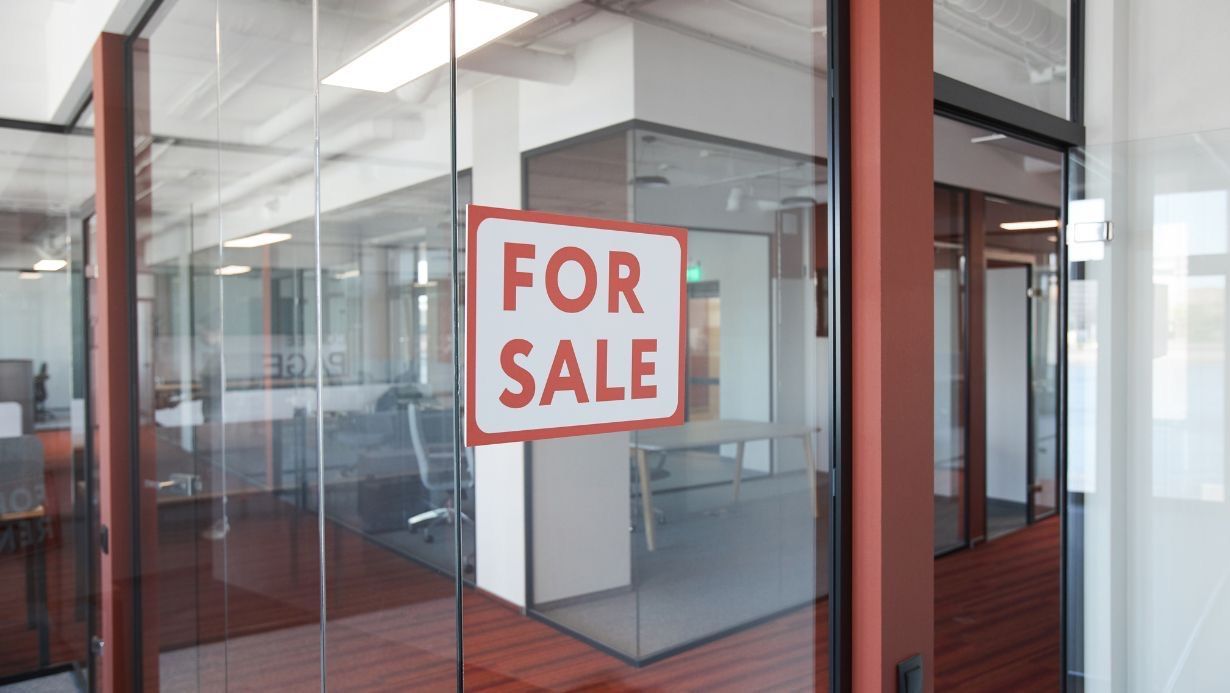Commercial vs. Residential Real Estate Investing

Are you considering investing in real estate as a revenue generator but wondering if you should invest in residential or commercial properties? Each offers both pros and cons. Before taking the leap, you need to understand the differences to determine the best option for you.
Commercial vs. Residential Real Estate
Residential real estate includes properties where individuals live, such as single-family homes, condos, townhomes, duplexes, and mobile homes. Commercial real estate includes properties where businesses or corporations do business, such as offices, retail or manufacturing spaces, or warehouses. Larger apartment buildings are also considered commercial.
Properties can be considered both commercial and residential. For example, a building can have retail or office space on the main floor, considered commercial, and one or two apartments above that are considered residential. Special use commercial real estate includes student housing, hospitality, sports stadiums, government, and religious properties.
Commercial vs. Residential Real Estate Investing
Commercial and residential real estate investing have different legal, financial, and practical characteristics.
Here are some differences to consider when investing in real estate.
- Purchase Price - Commercial real estate tends to cost more to purchase than residential real estate.
- Financing - Financing commercial real estate can be more difficult and expensive than financing residential real estate. There are many financing sources for residential real estate, such as FHA loans, loans backed by Fannie Mae and Freddie Mac, VA loans, etc. Larger commercial properties may also require additional insurance, a higher mortgage down payment, and personal guarantees.
- Taxes
- You will have to pay taxes on both commercial and residential real estate; however, they are taxed differently. Commercial properties are taxed at a higher rate and have different depreciation rules.
- Lease Terms - Most commercial real estate leases are two years or more, whereas residential real estate leases are usually one year. And typically, the length of time you can renew a lease on a residential property is shorter than with a commercial property. Long-term leases mean fewer turnover costs and lower vacancy rates. On the other hand, shorter leases allow landlords to adjust rent rates more frequently.
- Property Management - Someone has to manage your property. Typically, commercial real estate management is more complicated, requires more personnel, and is more expensive than residential real estate management.
- Selling Time - Everyone needs a place to live, so there is typically a larger pool of potential buyers for residential real estate, regardless of the economy. A residential real estate buyer could be someone looking for a primary residence or another investor. With a smaller buying pool, commercial real estate typically takes longer to sell than residential real estate.
- Tenants
- Commercial tenants are usually businesses or corporations, and they are more likely to follow your rules and respect your property. Residential tenants are more likely to be late with rent payments, break the lease, or damage your property. Furthermore, there are typically more laws protecting residential tenants that landlords need to contend with.
- Property Value - A residential property's value is determined by other properties in the neighborhood and characteristics of the home, such as the number of bedrooms. The value of a commercial property is based on the revenue the property can generate; therefore, the right tenant can quickly increase the value of a commercial property.
- ROI - Return on investment (ROI) is a metric that can help determine how profitable an investment is. ROI can vary, but typically, commercial real estate yields a higher cash flow and ROI. However, it's best to calculate the ROI on any investment real estate you're considering purchasing.
How to Find the Right Commercial Property
Once you've determined the type of real estate investment you're looking for, Pete Heim can help you find the right commercial property in Berks County and beyond. He has over thirty-five years of real estate experience and more than two hundred 5-star independent customer ratings! Contact Pete at 610-745-3378 or 610-898-1441 or connect with him online.




